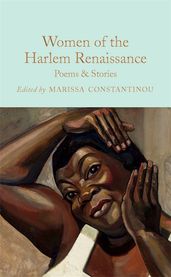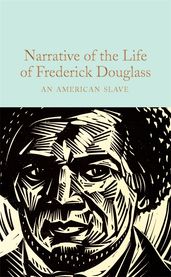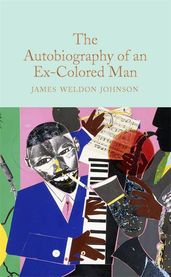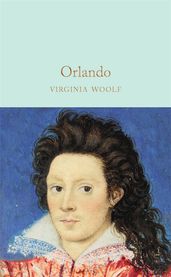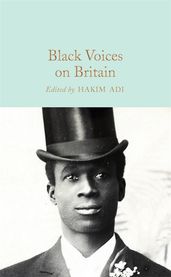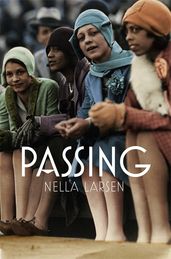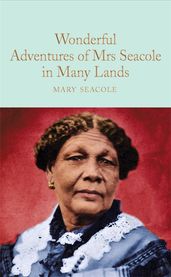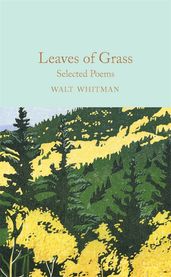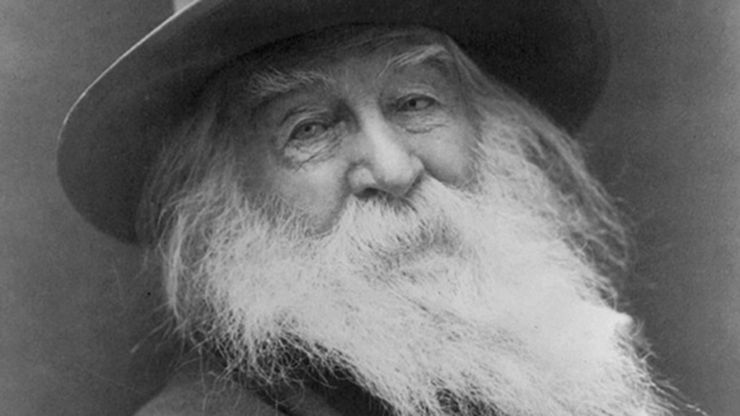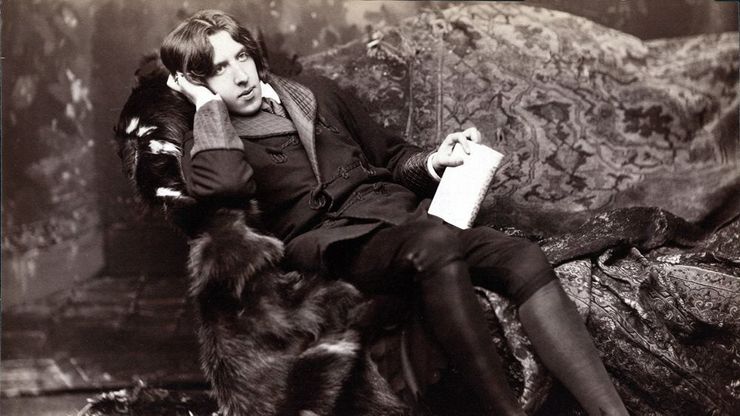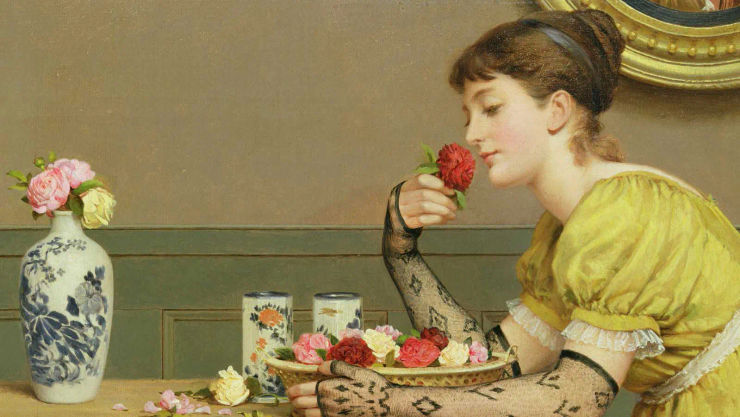The diverse voices of classic literature
While they may have been greeted with shock or entirely overlooked at the time of publication, these novels and masterful works of non-fiction from diverse voices are literary classics which should definitely be on your must-read list.
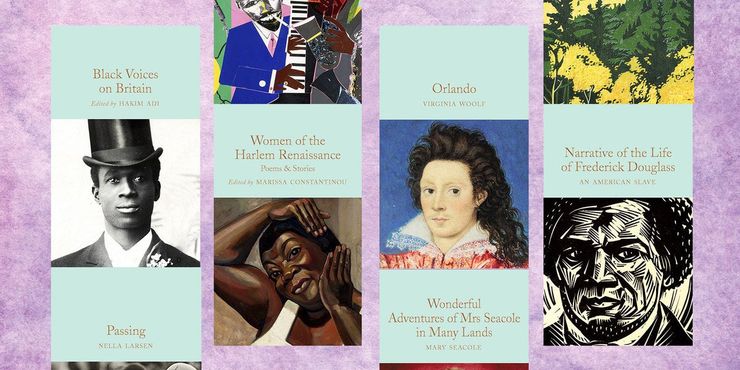
Because school syllabuses and the western literary canon don’t always reflect the full breadth of authors, diverse classics have often been left out of mainstream history and culture. Sometimes they bubble under the surface awaiting discovery, and sometimes they’re loud and proud, fighting for a way in. Here we showcase our pick of must-read classics from diverse authors: two unforgettable novels, a pioneering autobiography and a poetry collection.
Women of the Harlem Renaissance
by Marissa Constantinou
The Harlem Renaissance was a cultural movement that saw an explosion of Black art, music and writing, yet few female creatives are remembered alongside their male counterparts. Exploring subjects from love, loss and motherhood to jazz, passing and Jim Crow law, the poems and stories collected in this anthology celebrate the women of colour at the heart of the movement. Showcasing popular authors alongside writers you might discover for the first time, this collection of daring and disruptive writing encapsulates early twentieth-century America in surprising and beautiful ways.
Narrative of the Life of Frederick Douglass
by Frederick Douglass
Portraying a key moment in the anti-slavery movement, this unique memoir tells the incredible story of a man's escape from enslavement and journey to freedom.
Maryland, 1818. Frederick Douglass is born into a life of slavery. Spending his youth being passed from enslaver to enslaver, city to field, he is subjected to unimaginable cruelty. After eventually managing to escape, his memoir became hugely influential in the abolition of slavery, a goal that Douglass devoted his live to.
The Autobiography of an Ex-Colored Man
by James Weldon Johnson
This groundbreaking novel examines race and class in America at the end of the nineteenth century. The narrator, who has lost his mother at a young age, is forced out of his comfortable middle-class life and into the world. His love of music takes him from an all-Black church in Georgia, to ragtime performances in New York, to the threats of the South. Here, the narrator abandons both his passion for music and his race, deciding to pass as white to survive.
Orlando
by Virginia Woolf
Following its immortal namesake through three centuries of history, Orlando is a whimsical exploration of perceptions of gender and love through the ages. Orlando is a young Elizabethan nobleman whose wealth and status afford him an extravagant lifestyle. Appointed ambassador in Constantinople, he wakes one morning to find he is a woman. Inspired by the life of her lover, Vita Sackville West, Virginia Woolf's wildly imaginative, comic story is a real trailblazer.
Black Voices on Britain
by Hakim Adi
In this compelling anthology, Professor Hakim Adi collates published works by Black voices who lived, worked, campaigned and travelled in Britain from the eighteenth to the early twentieth century. Hailing from England, America, Africa and the Caribbean, these authors each describe powerful experiences and offer a fascinating and thought-provoking portrayal of Black experiences in Britain.
Passing
by Nella Larsen
Immerse yourself in 1920s New York through Nella Larsen's distinctive and revealing novel. The story centres around identity, belonging and two childhood friends who’ve long grown apart – Clare Kendry who is proud of her Harlem roots, and Irene Redford who has abandoned them altogether, ‘passing’ as white to her racist husband in the upper classes of New York. As their worlds intertwine once again, tensions lead up to a truly shocking conclusion. A classic far ahead of its time, Passing reads like the best of contemporary literary fiction.
Wonderful Adventures of Mrs. Seacole in Many Lands
by Mary Seacole
Mary Seacole was a fiercely independent self-funded entrepreneur from Jamaica. A trained nurse, she was desperate to offer help during the Crimean War, but was denied work by officials and by Florence Nightingale. Mary knew what she wanted to achieve and wouldn’t let anything stand in her way, so she set up her famous hotel for British soldiers, offering respite from the front line. Wonderful Adventures of Mrs Seacole in Many Lands is her gutsy autobiography.
Leaves of Grass
by Walt Whitman
Walt Whitman started writing the poetry that comprises Leaves of Grass in his thirties, and published multiple editions throughout his lifetime, editing and revising it even from his deathbed. Each edition was met with criticism and controversy over the overt sexual imagery, but it was his 1860 edition that took this a step further, collating all his poems about ‘manly love’ in a section called ‘Calamus.’
The Picture of Dorian Gray
by Oscar Wilde
Oscar Wilde has long been a gay icon for his treatment of homosexual desire in his writing – bravery which resulted in heavy censorship from his publisher and shock amongst his 19th century audience. The Picture of Dorian Gray follows artist Basil Hallward as he endeavours to paint a full-length portrait of Dorian Gray, his muse and subject of infatuation. But as Dorian explores his own hedonism and sensuality, the painting starts to morph, reflecting Dorian’s cruel sensibilities, whilst Dorian himself remains unaged.
In this episode of Book Break, Emma shares even more diverse classics you won't want to miss:
